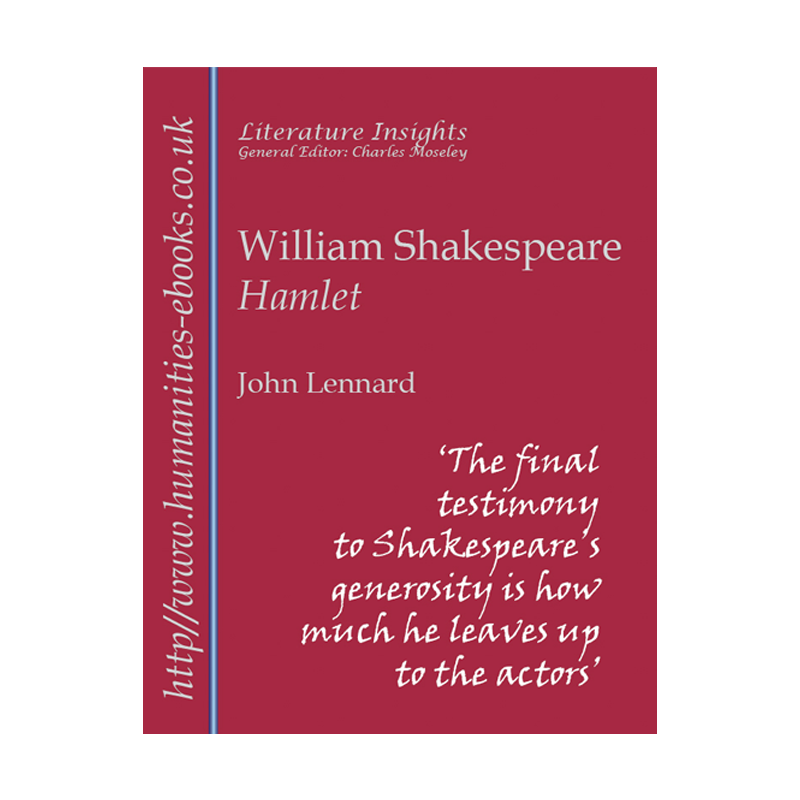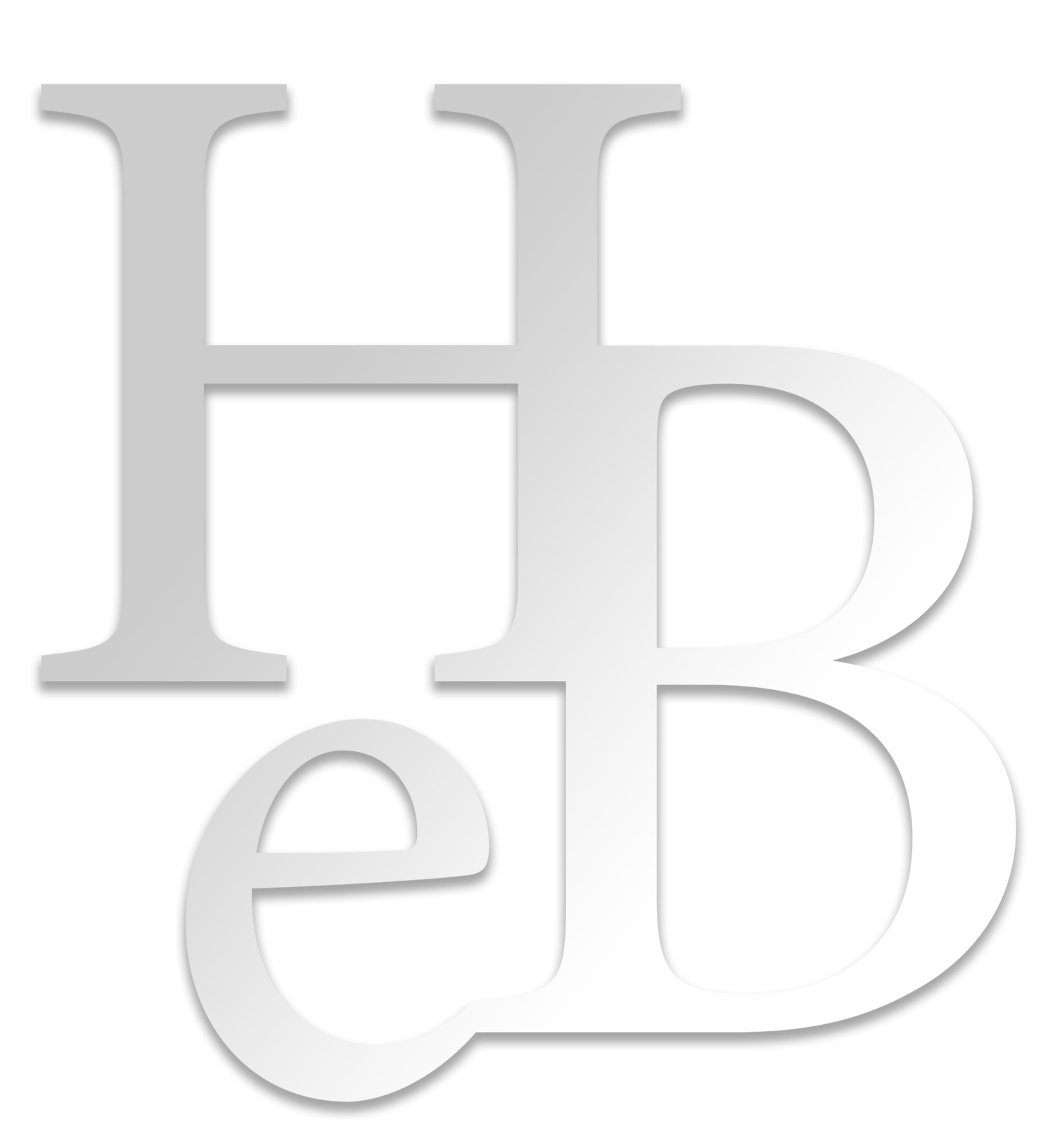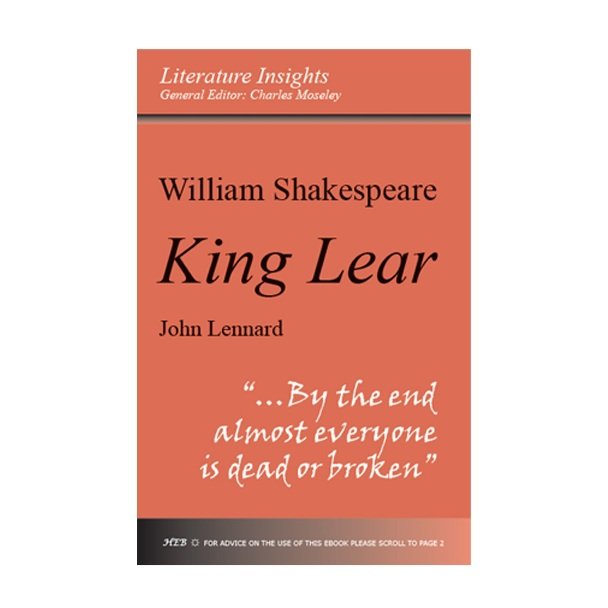about
This book aims to introduce students (including those with little or no prior experience of the field) to the worlds of Shakespeare and his theatre revealed in Hamlet.
Contents
It begins by' Approaching Shakespeare' as utterly a man of the theatre, a professional actor before he was a playwright and a resident dramatist who knew intimately the actors for whom he wrote. It continues by' Approaching Hamlet' in that light, and as a revenge tragedy deliberately overloaded with complications. The middle chapters look in detail at the' Actors and Players' of the drama, starting with the Ghost and ending with' the best actors in the world', and at Shakespeare's favourite' Acts and Devices' as deployed within it. A final chapter considers Hamlet and Twelfth Night, written and premiered in close succession, as an unexpectedly resonant pair, a surprisingly funny revenge tragedy and a surprisingly bleak revenge comedy that for the first audiences would have complemented one another. The annotated Bibliography includes the current major editions of Hamlet, the major film-adaptations, and a selection of both the best criticism and the most useful websites.
author
John Lennard is an independent scholar and editor of Fairleigh Dickinson University's online journal Exploring Globalization. He was from 2004-09 Professor of British & American Literature at the University of the West Indies - Mona, and has taught in Cambridge and London. His books include But I Digress (Clarendon Press, 1991), The Poetry Handbook (OUP 1996, 2005), and The Case of Ronald Merrick (HEB, forthcoming), as well as the precursor to this volume, Of Modern Dragons and other essays on Genre Fiction (HEB, 2007). He has also written on Shakespeare, Nabokov, Paul Scott, Reginald Hill, Walter Mosley, Ian McDonald, Octavia E. Butler, and Tamora Pierce for Humanities Ebooks.
 Image 1 of 2
Image 1 of 2

 Image 2 of 2
Image 2 of 2














